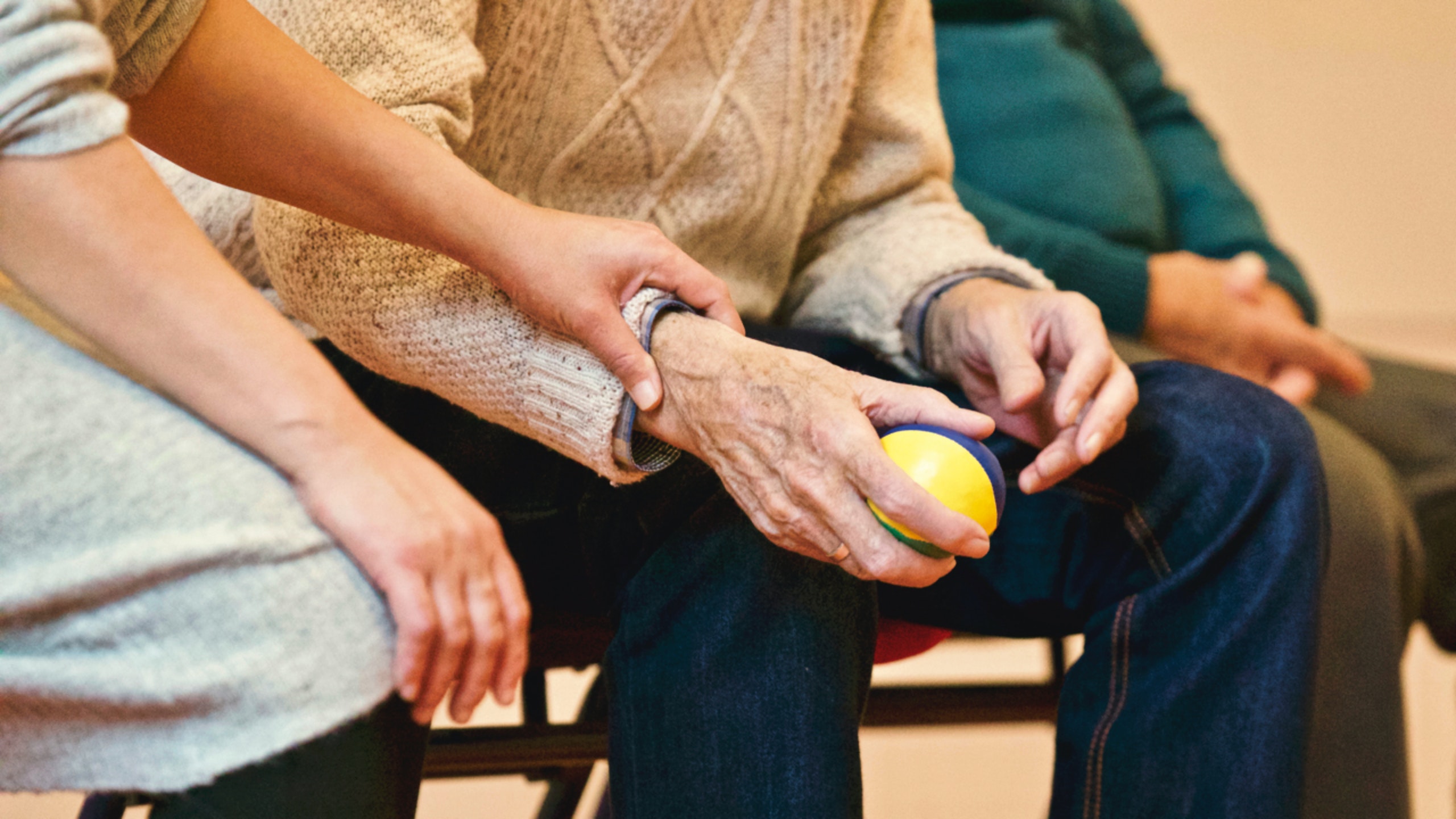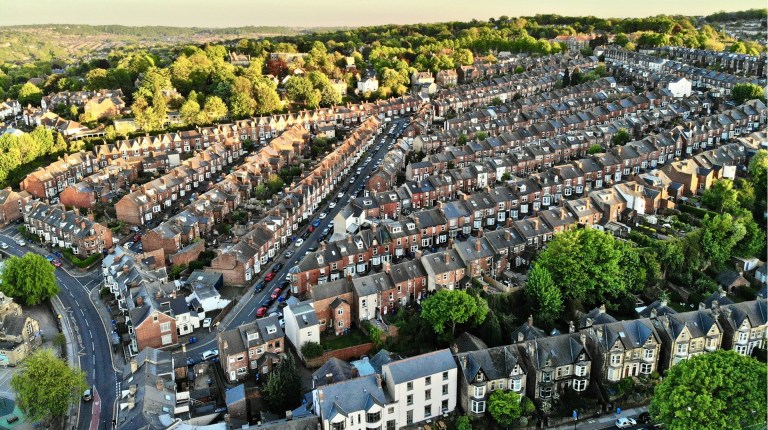For most of us, a ‘good’ death would likely include the option to end our lives in our own home. More than two-thirds of us say this is what we would prefer – and being able to choose where we die is a vital source of solace for people living with terminal illness.
However, there is a stark difference between this ideal and the avoidable distress many people who would prefer to die at home face at the end of life. Poor quality or unsuitable housing, struggling to pay for heating costs and homelessness poverty are just some of the factors which can interfere with a dying person’s access to a good death at home, should they wish it.
A shocking investigation into fuel poverty at the end of life published by Marie Curie this winter found that those with terminal illnesses were likely to be made doubly vulnerable by higher heating costs, as a result of their diagnosis, and financial struggles due to restrictions on who can access financial support such as the Winter Fuel Payment or Warm Home Discount Scheme. Last year, 28 per cent of Marie Curie nurses had cared for a terminally ill patient who was struggling to pay bills.
There are also significant barriers to dignity and wellbeing faced by terminally ill people who are living in housing that is unsuitable for being cared for at the end of life or who have no home at all. ‘Housing vulnerability’ contributes to a person’s likelihood of dying younger, with higher symptom burden. People experiencing poverty are more likely to be living in unsuitable housing and are the least likely to die at home. Homeless people with terminal illness are amongst the demographics least likely to access palliative care, despite often having the most complex needs.
It is totally wrong that the scourge of poverty, which affects too many people throughout their lives, also denies many the chance to die at home if they wish. Everybody deserves a good death in a place of their choosing, and removing barriers to this basic right must be an urgent cross-party ambition. This is why the All-Party Parliamentary Group for Terminal Illness, which I chair, is conducting an inquiry into the impact that housing and fuel poverty has on people living with terminal illness and people at the end of life.
Building on the APPG’s previous inquiry, which found that inadequate income can lead to considerable financial strain, stress, anxiety and health impacts on people at the end of life, we are seeking evidence on how inadequate housing can impact a person’s end of life. The inquiry is seeking evidence from individuals and organisations with expertise in fuel poverty, housing and homelessness issues, as well as those that work with people experiencing poverty, healthcare providers and people who have experienced terminal illness and bereavement.










